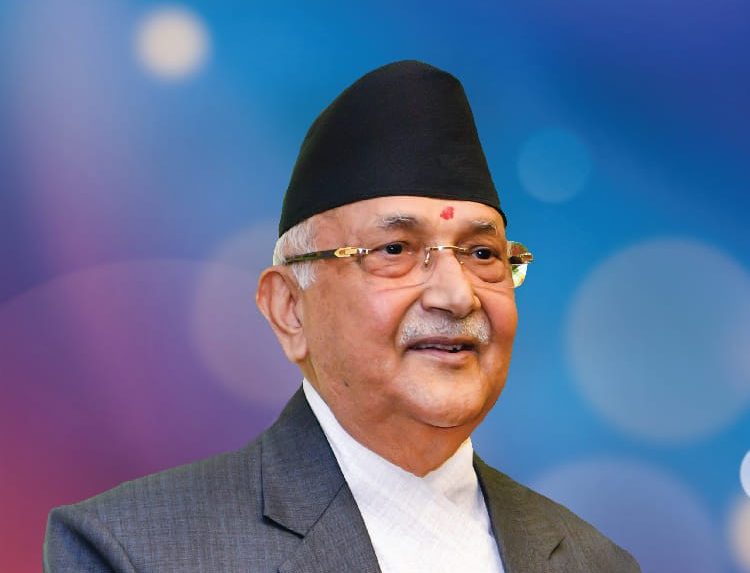Beijing/Kathmandu, Dec 4: Nepal and China on Wednesday signed the much-awaited Belt and Road Initiative (BRI) Cooperation Framework, an agreement which is expected to pave the way for the implementation of the BRI projects.
The agreement was inked during Prime Minister K P Sharma Oli’s official visit to China – his first official visit to that country after assuming office for the fourth time.
“Today, we signed the Framework for Belt & Roads Cooperation. As my official visit to China concludes, I am honoured to reflect on the bilateral talks with Premier Li Qiang, discussions with NPC Chairman Zhang Leji, and the highly fruitful meeting with President Xi Jinping,” Prime Minister Oli posted on X.
The Nepal-China economic cooperation will further strengthen under the Belt and Road Framework Cooperation, he added.
The BRI framework agreement was inked by Foreign Secretary Amrit Bahadur Rai and Liu Sushe of the National Development and Reform Commission of China, according to the Prime Minister’s secretariat.
The agreement is expected to pave the way for the implementation of BRI projects, sources said.
The BRI is a mega connectivity project that connects China with Southeast Asia, Central Asia, Russia and Europe.
Though Nepal and China signed the Belt and Road Initiative (BRI) agreement in 2017, not a single project has so far been implemented under the framework. However, details of the BRI cooperation framework agreement have not been made public.
A joint statement issued by both sides on Tuesday said that “the two sides expressed their readiness to sign the MoU on building the Trans-Himalayan Multi-Dimensional Connectivity Network (THMDCN) and the framework for Belt and Road Cooperation between the two governments as soon as possible,” without specifying a distinct deadline.
“Both sides expressed their commitment to strengthening connectivity between the two countries in such areas as ports, roads, railways, aviation, power grids and telecommunication, to help Nepal transform from a land-locked country to a land-linked country,” said the joint statement.
According to The Kathmandu Post newspaper, the Chinese side had removed the word “grant” proposed by the Nepali side and suggested replacing it with “investment” for projects under the BRI.
After reviewing the new terms and conditions, officials found a compromise and decided to include the phrasing “aid and technical assistance” in relation to project execution in Nepal, the paper said.
The word “aid” adds ambiguity and marks a step back from the Nepali Congress’ position of clearly specifying grants. Some countries also term line of credit as aid but which are essentially loans, the paper said.
“The Chinese side, after going through the document proposed by the Nepali side, removed the word ‘grant’ from the text and added ‘investment’,” the paper quoted another Nepali official as saying.
The Nepali side requested and insisted on having the phrasing “aid and technical assistance,” and the Chinese side responded positively, the delegation member was quoted as saying by the paper.
The implementation of BRI was one of the major agenda of Prime Minister Oli’s four-day visit to China.
Speaking at a programme held at Peking University, Oli later said that Nepal would reap benefits from the Belt and Road Initiative.
He expressed the belief that China has strongly supported Nepal’s development and that the BRI project initiated under the visionary leadership of President Xi Jinping would further deepen bilateral relations between the two countries, the Himalayan Times newspaper reported.
Prime Minister Oli also called Chinese investors to invest in Nepal.
“We will facilitate the investments for realising the national aspiration ‘Prosperous Nepal, Happy Nepali’. We are committed to providing investment security,” Oli said while addressing a programme jointly organised by the Federation of Nepalese Chamber of Commerce and Industries (FNCCI) and China Council for Promotion of International Trade in Beijing on Wednesday.
He also invited Chinese investors to visit Nepal gifted by its natural beauty and seek investment opportunities.
“The atmosphere is favourable for investment in Nepal which has made its way towards an era of political stability and prosperity,” Oli said. (PTI)




